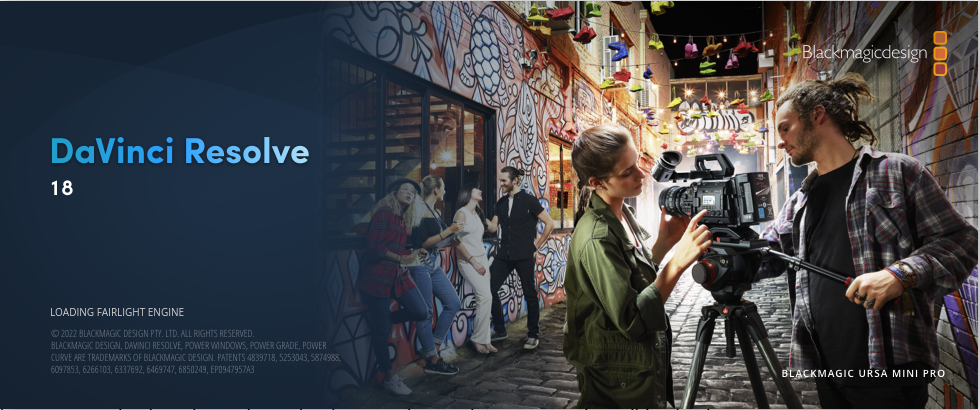Recently I switched from Nobara 36 Linux to PopOS just to test the waters. Nobara was my first positive experience with a distro based on Fedora. Things worked beautifully with a few caveats. One of the features that really impressed me out of the box for Nobara was that it natively supported DaVinci Resolve. It was as simple as downloading the RPM package and running an rpm -i on it.
So after getting comfortable with Nobara I was a bit hesitant to switch to PopOS..
Long story short, my hesitation wasn’t warranted. At least not mostly. I am thoroughly impressed with PopOS’s performance, especially on my laptop. Perhaps I will write more about this later.
However, the one stumbling block I encountered was getting DaVinci Resolve to work.
A quick search revealed this mostly helpful page from System76, the company that created PopOS. Unfortunately this article was not the whole story.
So here are the steps to install DaVinci Resolve 18 on PopOS
1. Install the following packages
sudo apt -y update
sudo apt -y install ocl-icd-libopencl1 mesa-opencl-icd ocl-icd-opencl-dev libssl3 fakeroot xorriso
2. Download Resolve from here using whatever information you like
3. Extract the Zip file
4. Create the .deb file (This is where it gets a bit confusing)
You will need to download the MakeResolveDeb file provided from System76 here and place it in the same directory as the extracted Davinci_Resolve_*_.run file you extracted in step 3.
Then run the following command from that directory
./makeresolvedeb*.sh DaVinci_Resolve_*_Linux.run
Note that you may have to make the script executable by running a chmod +x on it
This will take a very long time to complete. How long? I’m not sure I left it running overnight. It had been running for almost 2 hours on my computer by the time I went to bed.
5. Install the .deb file
sudo dpkg -i davinci-resolve*_amd64.deb
At this point I attempted to launch Resolve 18 but it seemed to crash no matter what I did. I simply rebooted and it’s worked fine every time since.

So now I have everything working beautifully on PopOS and I’ve been happy with the performance so far.
I hope this helps!
